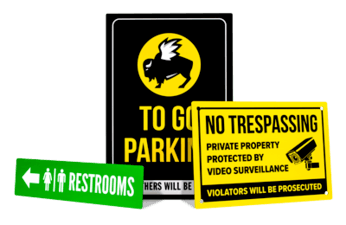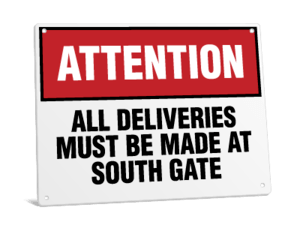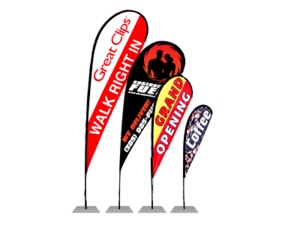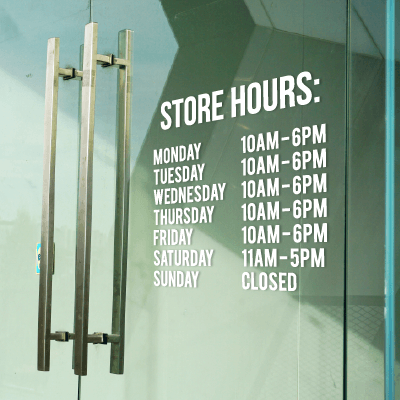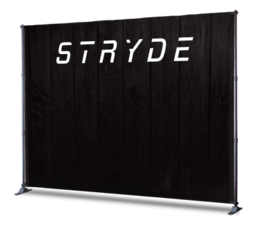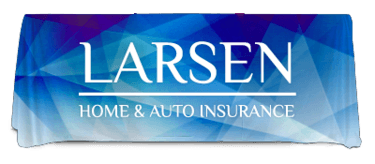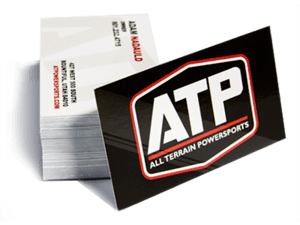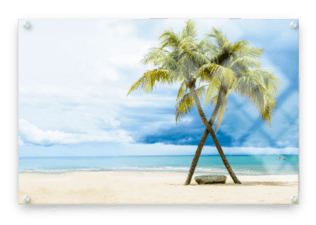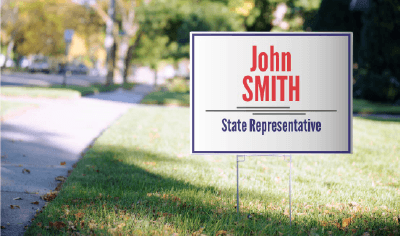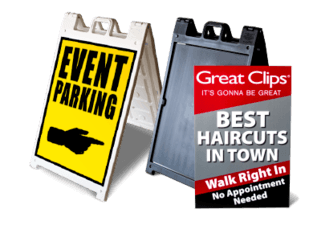
As a business owner you probably worry about things like inventory, marketing, hiring and training employees and paying the bills. An earthquake seems like a silly thing to worry about, considering all your day-to-day worries. But earthquakes do happen (as do fires, floods and tornadoes). And if you’re not prepared when disaster strikes, your business could be finished.
According to the Insurance Information Institute, as many as 40% of businesses affected by a natural or human-caused disaster never re-open. Shockingly, nearly two-thirds of businesses do not have an emergency plan. Do you? Here are a few ideas to get you started:
Identify Potential Disasters
Make a list of potential disasters that could occur at your business. Natural and human-caused disasters include: earthquake, flood, hurricane, tornadoes, tsunamis, fires, winter storms, accidents, pandemic and acts of violence.
Identify the Potential Impact of Each Kind of Disaster on Your Business
Figure out the possible impact and the worst case scenario for each type of disaster. For instance, if the pipes in the basement burst, you might suffer some minor property damage, but if the dam above your town breaks, your entire building might be flooded (or even swept away). If a winter blizzard blows in during the day, your employees might be stuck at the office overnight.
Create Evacuation and Non-evacuation Plans
Depending on the type of disaster, you’ll either stay put or evacuate during the actual disaster. For instance, in the case of a fire in the building, you’d definitely evacuate. But during an earthquake, you’re probably safest staying put. Identify all potential exits from the building and also identify “safe zones” in cases where you won’t immediately evacuate. For example, where should employees go during an earthquake?
If you’re not present to be in charge, who should take over? Designate several employees as disaster supervisors. Those employees should be prepared to guide their co-workers (and any customers, clients or visitors on the premises) to safety.
Emergency Kits
Assemble emergency kits. FEMA recommends that emergency kits contain the following items:
- Battery-powered or hand crank radio and a NOAA Weather Radio with tone alert and extra batteries for both
- Flashlight and extra batteries
- First aid kit
- Whistle to signal for help
- Moist towelettes, garbage bags and plastic ties for personal sanitation
- Wrench or pliers to turn off utilities
- Manual can opener for food
- Local maps
- Cell phone with chargers, inverter or solar charger
- Food and water for up to 3 days.
Work with Community Agencies
Check with local government to find out what shelter options are available in the case of disaster. If there is a tornado, where should employees go for shelter? Does the local Red Cross have nearby schools or community centers identified to house evacuees?
Work with police, EMT and fire departments regarding best practices for evacuation and safety at your business.
Check Your Insurance Policy
Many insurance policies do not automatically cover events such as floods and earthquakes. Give your insurance agent a call and go over your policy to make sure that your business is covered for all possible disasters.
Protect business records and inventory
Anchor shelving and store documents and inventory away from large windows and at least twelve inches from the floor. Back up all electronic files with both an external hard drive and online backup. Using a service like Mozy can save you tons of headaches and hours of lost productivity trying to recover customer, financial and employee records.
What did we forget? Does your business have other plans put in place in case of disaster? If so, share them here.



